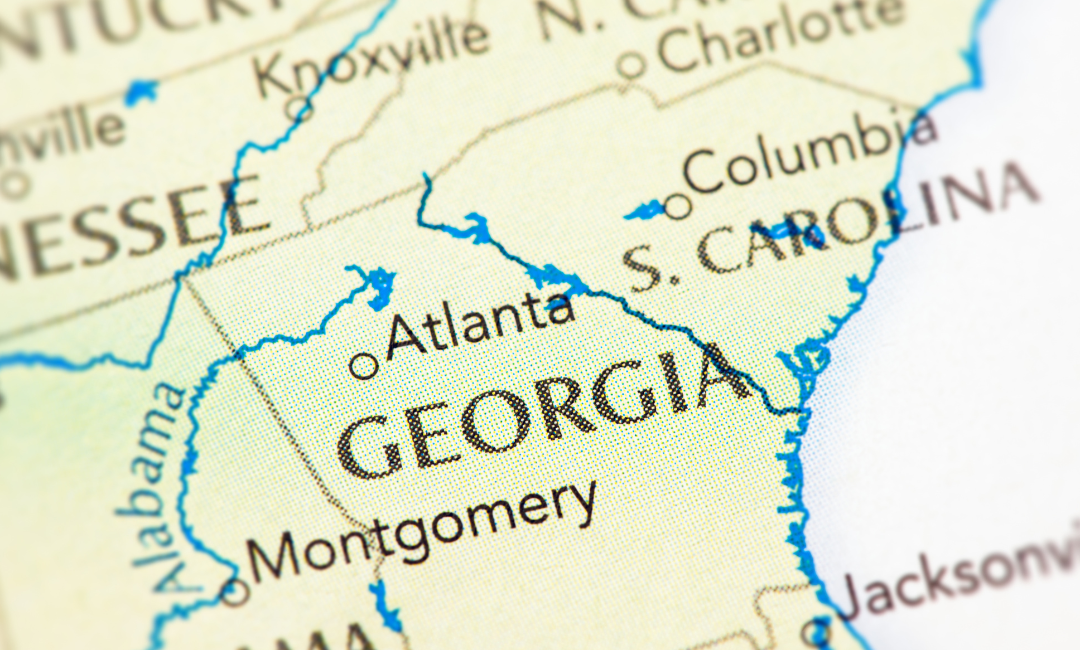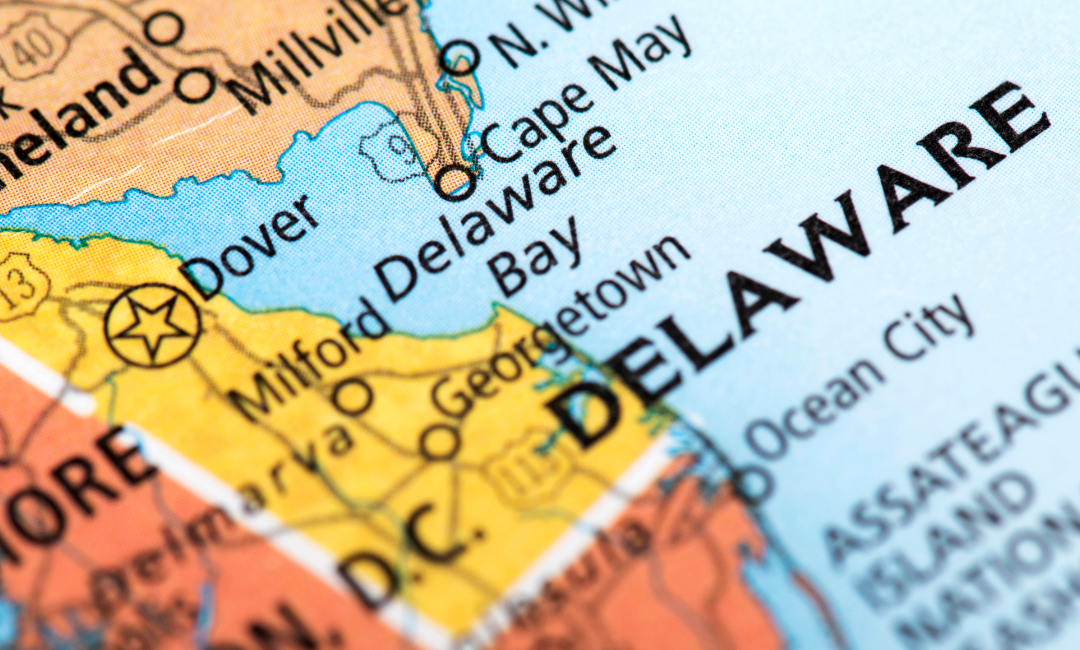Mandated Vaccinations or Testing
July 26, 2021: Mayor of New York City, NY, Bill de Blasio, announces that all city employees are required to get vaccinated or take weekly screenings for the virus.
July 26, 2021: The U.S. Department of Veteran Affairs (VA) Office of Public and Intergovernmental Affairs issued a statement requiring mandatory vaccines for Title 38 VA healthcare workers.
*This includes physicians, dentists, podiatrists, optometrists, registered nurses, physician assistants, expanded-function dental auxiliaries, and chiropractors.
July 27, 2021: Mayor of Los Angeles, CA, Eric Garcetti, announces that all city employees are required to be vaccinated.
August 1, 2021: California Governor Gavin Newsom, requiring proof of vaccination or weekly screenings for all healthcare workers and state employees.
August 5, 2021: Kentucky Governor, Andy Beshear, announces that several of the largest healthcare facilities in the state will now be requiring employees to receive the COVID-19 vaccine.
(Last updated: August 6, 2021)





